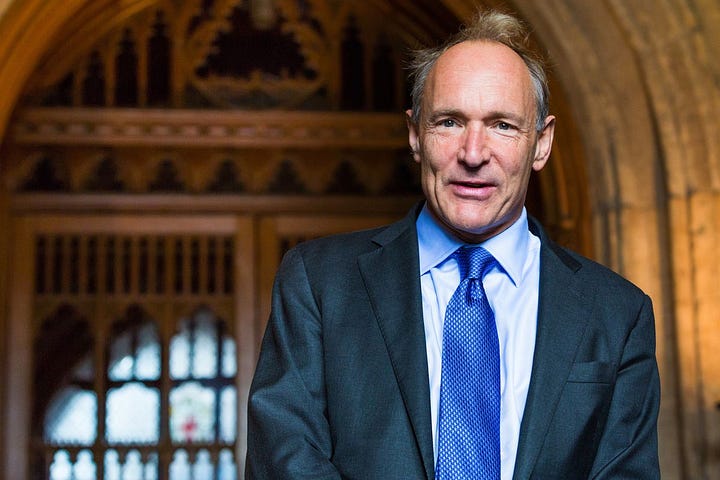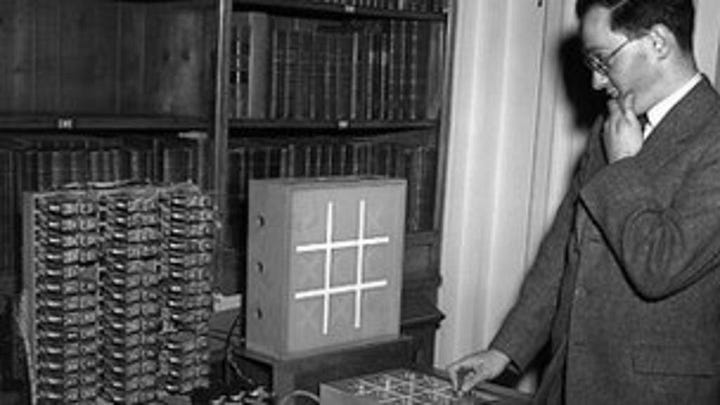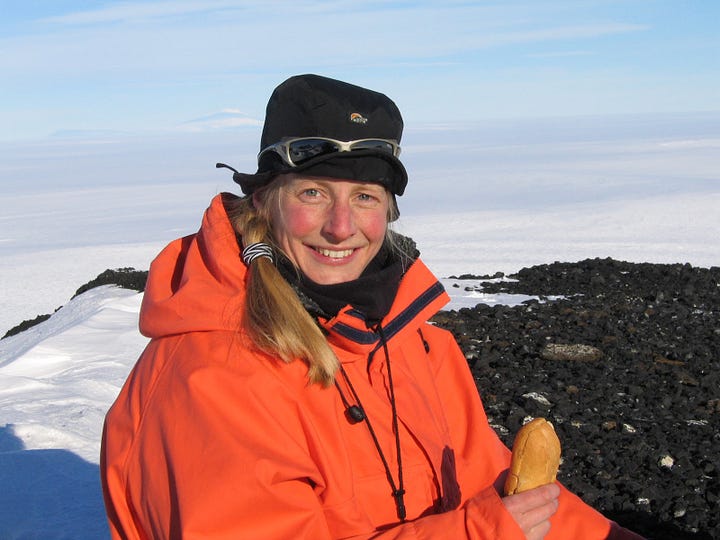5 British scientists to be proud of this British Science Week
British Science Week is in full swing, with people all over the UK celebrating all things… well, scientific! Science has become an integral part of modern culture, with all fields of study being explored in the interest of answering some of the toughest questions humanity has. Everyone in the science community is doing their part, but here are some particularly exceptional individuals to pique your interest!

Tim Berners-Lee
Working at CERN in 1989, Sir Tim Berners-Lee invented an open system of data transfer within a network… just a little something called the World Wide Web. Shortly after that, he developed the world’s first web server and the world’s first internet browser intended for public use. He is now, understandably, a widely-recognised computer scientist with multiple awards, including the Turing Award.
Sir Tim is still hard at work: The World Wide Web turned 30 years old earlier this week and Tim has recently become more vocal about the internet’s current state. As director of W3C and the World Wide Web Foundation, he has a public platform from which to advocate a more free and open internet. blue{shift} wishes Sir Tim the best of luck in his efforts!

Donald Davies
Still rolling with the internet theme; Donald Davies was a Welsh computer scientist that invented the idea of packet switching — the system responsible for transferring messages between different locations in a network. Davies’ original project dates way back to 1966 during his tenure at the National Physical Laboratory (NPL). The Advanced Research Project Agency adopted his research to develop the ARPANET, an early internet prototype. Fast-forward to 2019 and everyone online uses packet switching to share data over vast distances.
Davies went on to become a prolific writer, publishing several books around the area of computer networking, and, for all his important work, received the British Computer Society Award in 1974!

Joanne Johnson
Joanne Johnson is a geologist specialising on Antarctic environments; her research focuses on the age of ice sheets, which serves to inform the rest of the scientific world about the Earth’s environmental history. Thanks to Jo, we now know how to accurately measure how quickly the ice has melted and continues to melt, which could tell us lead the rest of us to make better strides for curbing climate change.
Jo is still hard at work in Antarctica, juggling multiple research projects at once, all aimed to document the age of the ice and, perhaps indirectly, the rest of the world.
Stephen Hawking
Most know of the legendary Sir Stephen Hawking; a lot merely know him as the disabled scientist, but not for what made him a truly outstanding theoretical physicist. Stephen cut his teeth studying cosmology for his PhD at the University of Cambridge and eventually became known for his theories around the Big Bang, black holes, and black hole radiation. This lead to a wider acceptance of the general laws of physics that govern the universe in which we live.
Sir Stephen passed away March, 2018, leaving behind a legacy that has made a huge impact on the scientific community: He and his research received multiple awards in his time and the colleagues he left behind continue his research projects, still seeking answers to the many mysteries of our universe.
A brief tribute to Dr Goodall’s achievements and some of her philosophies.
Jane Goodall
In 1960, a young Jane Goodall embarked on an expedition to study the completely uncharted Gombe forest in Tanzania. With no training, limited equipment, yet heaps of enthusiasm, Jane set to observe chimpanzees in their natural habitat. She was able to discover that the chimps strongly resemble humans in so many ways and her initial research provided an insight into humanity’s evolutionary past. Aside from her extensive anthropology work, Jane has forever changed the practice of conservation, ensuring more wild areas all over the world are treated with the respect they deserve.
Madam Jane Goodall, now highly-decorated and documented, currently sits on the board of directors at the Jane Goodall Institute, an organisation committed to developing conservation areas all over the world and to spreading a hopeful message of world peace!
Blue{shift} is certainly very proud and grateful of all the important work that our scientists produce for us, and we hope showcasing this small example of inspiring individuals has encouraged you to celebrate British Science Week with us — there are plenty of ways you can get involved this week, and you can find them all on the BSW website!
If you’re interested in learning more about blue{shift}’s camps, blogs, or after school clubs, you can subscribe to our newsletter!






